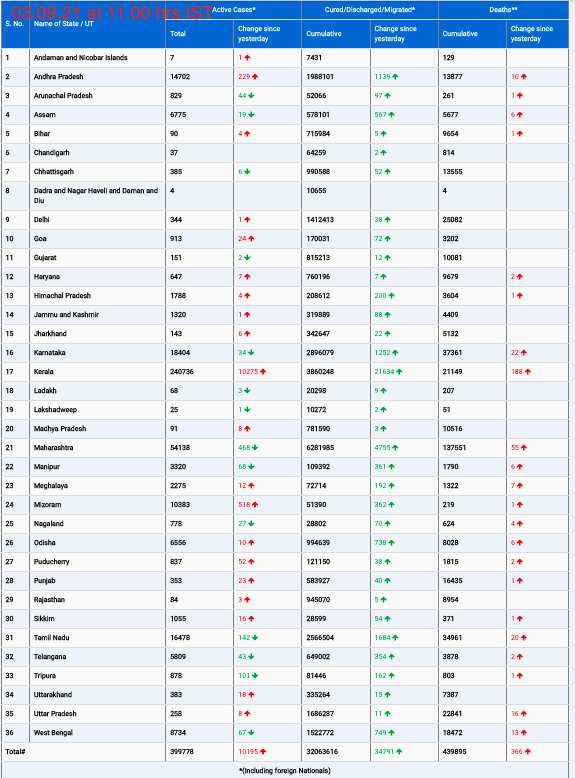In a startling revelation, the controversial research group EcoHealth Alliance, previously associated with experiments in Wuhan, has announced the discovery of a new deadly bat virus in a cave in Thailand. Dr. Peter Daszak, the head of EcoHealth Alliance, reported the findings, revealing that the virus has the potential to spillover to humans, echoing concerns reminiscent of the origins of the COVID-19 pandemic.
The unnamed virus, described as a close relative of COVID-19, was found in a Thai cave where local farmers commonly use bat feces as fertilizer for their fields. Dr. Daszak expressed concern over the zoonotic potential of the virus, emphasizing its presence in a cave used by individuals highly exposed to bat feces.
“We found a lot of SARS-related coronaviruses, but one in particular we found was quite common in bats where people were commonly exposed,” said Dr. Daszak during an event held by the World Health Organization (WHO) on future pandemic research preparedness. He highlighted that the virus, shed in bat feces, poses a real potential for emergence.
The announcement comes at a time when the World Health Organization reports a global surge in coronavirus cases, with hospitalizations increasing by 42% across 50 countries. The rise is predominantly attributed to the highly transmissible JN.1 variant, classified as a variant of interest (VOI) by the WHO.
JN.1 is becoming the dominant variant globally, leading to spikes in infections, hospitalizations, and deaths in some countries. The variant shares similarities with its parent BA.2.86 but carries an additional mutation (L455S) in the spike protein, giving it immune-evasion properties.
The Centers for Disease Control and Prevention (CDC) has noted that existing vaccines, tests, and treatments remain effective against JN.1. However, it remains too early to determine the extent of its impact on infections and hospitalizations.
As concerns grow over the potential zoonotic spillover of the newly discovered bat virus in Thailand, the EcoHealth Alliance’s involvement in previous controversial experiments in Wuhan raises questions about the need for increased transparency and global cooperation in addressing emerging infectious threats.











